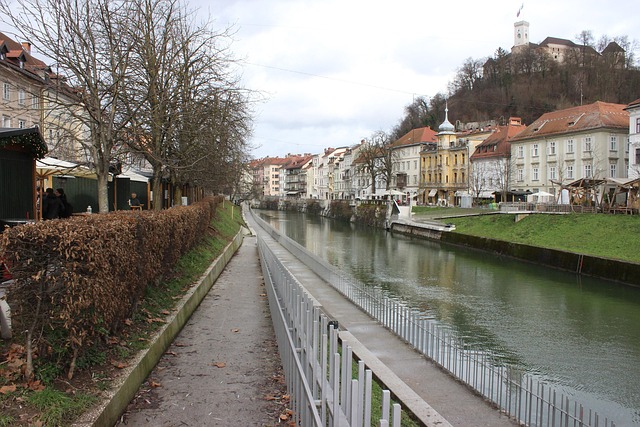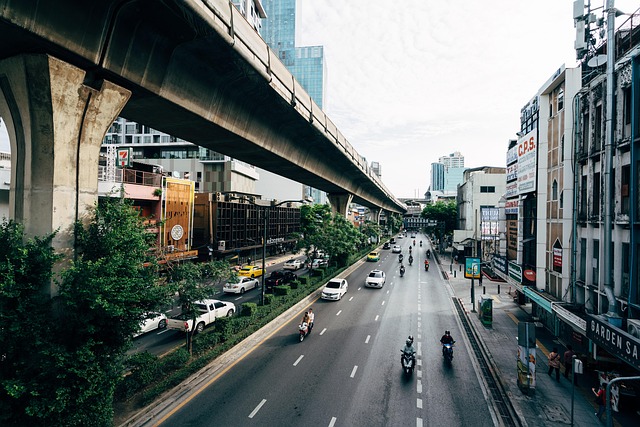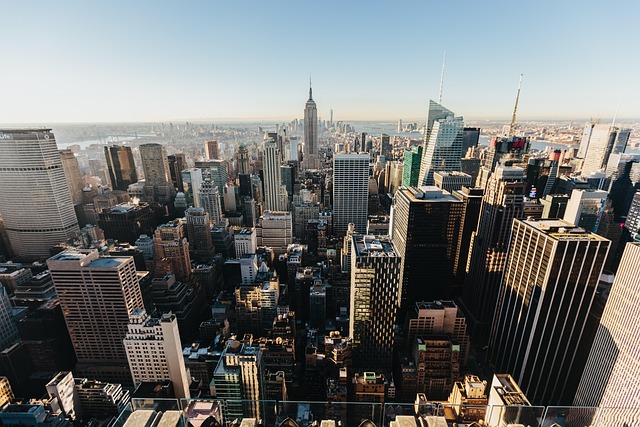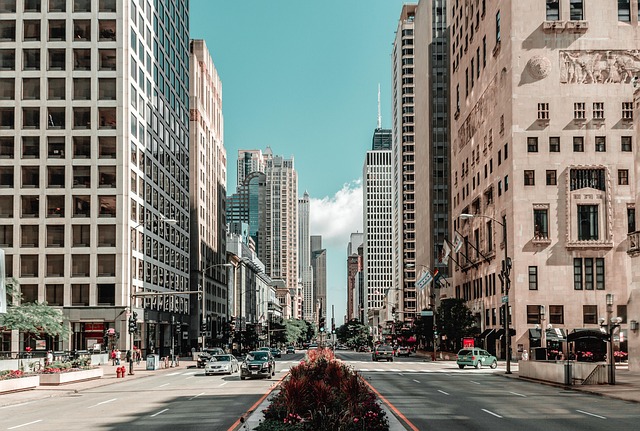Karachi, Pakistan's most populous city, faces substantial waste management challenges due to rapid urbanization and growing populations. Haphazard urban growth has led to an inadequate waste disposal system, exacerbated by limited open spaces and scarce proper segregation facilities. The primary issue is insufficient solid waste collection and management, evident in unsanitary dumping sites and overflowing garbage bins along Shaheed Millat Road. Effective waste management strategies are crucial for Karachi's sustainable development, aiming for a cleaner, healthier environment. Local residents and businesses collaborate with governmental bodies to implement initiatives like responsible recycling, composting, and eco-friendly packaging, transforming Shaheed Millat Road into a model for effective waste management. Community engagement, innovative technologies, and educational campaigns are vital in maintaining public space cleanliness and fostering a sustainable future for Karachi.
Karachi, Pakistan’s vibrant metropolis, grapples with significant waste management challenges. This article delves into the intricate issues plaguing the city’s streets, focusing on Shaheed Millat Road as a local case study. We explore innovative solutions for efficient waste disposal, emphasize community engagement in street cleanliness, and discuss future strategies to achieve sustainable garbage management in Karachi. By examining these aspects, we aim to offer insights into tackling one of the city’s most pressing urban problems.
- Karachi's Waste Management Challenges: An Overview
- Shaheed Millat Road: A Local Perspective on Trash
- Innovative Solutions for Efficient Waste Disposal
- Community Engagement in Keeping Streets Clean
- Future Strategies for Sustainable Garbage Management
Karachi's Waste Management Challenges: An Overview

Karachi, as one of Pakistan’s most populous cities, faces significant challenges in waste management due to rapid urbanization and increasing populations. The haphazard growth of the metropolis has led to a complex waste disposal system that often struggles to keep up with the demands. With limited open spaces and a bustling urban landscape, proper waste segregation and recycling facilities are scarce.
The primary issue lies in the inadequate collection and management of solid waste. Unsanitary dumping sites and overflowing garbage bins are common sights along bustling Shaheed Millat Road and its surroundings. These unsanitary conditions not only attract pests but also pose severe health risks to residents, especially in areas with limited access to basic sanitation facilities. Effective waste management strategies are crucial for Karachi’s sustainable development, ensuring a cleaner and healthier environment for its diverse population.
Shaheed Millat Road: A Local Perspective on Trash

Shaheed Millat Road, a bustling artery in Karachi, is a microcosm of the city’s dynamic yet complex relationship with waste management. Local residents and businesses along this vibrant stretch are acutely aware of the challenges posed by mounting trash, which ranges from scattered litter to larger debris blocking drainage systems. They observe firsthand how improper disposal practices not only mar the aesthetic appeal of their neighborhood but also pose significant health risks and environmental hazards.
The situation necessitates a collective effort involving both the local community and governmental bodies to implement sustainable waste management solutions. Residents actively participate in initiatives promoting responsible recycling and composting, while business owners are increasingly adopting eco-friendly packaging options. These collaborative efforts aim to transform Shaheed Millat Road into a model for effective waste management, reflecting a broader commitment to making Karachi a cleaner and more livable city.
Innovative Solutions for Efficient Waste Disposal

In the bustling metropolis of Karachi, efficient waste management is a complex challenge, but innovative solutions are emerging to meet this need. Beyond traditional methods, cities like Karachi are exploring smart technologies and eco-friendly practices to enhance waste disposal efficiency. For instance, the implementation of advanced recycling facilities equipped with state-of-the-art sorting mechanisms has significantly improved the quality and rate of recycled materials.
Additionally, digital platforms and apps are being utilized to facilitate better communication between waste management authorities and citizens. These tools enable residents to schedule pickup times, report illegal dumping sites, and stay informed about local recycling drives. Such digital interventions not only promote responsible waste disposal but also foster a sense of community participation in Karachi’s waste management efforts.
Community Engagement in Keeping Streets Clean

In the vibrant city of Karachi, community engagement plays a pivotal role in maintaining the cleanliness and sustainability of public spaces, particularly along bustling roads like Shaheed Millat Road. Local residents and activists have taken it upon themselves to address the challenge of waste management by organizing regular clean-up drives and awareness campaigns. These initiatives not only help keep the streets free from litter but also foster a sense of collective responsibility among the community. By involving everyone from children to the elderly, these efforts ensure that Karachi’s landscape remains a testament to the city’s resilience and unity.
The success of these endeavors lies in the power of collaboration. Through social media groups, local community centers, and school programs, residents exchange ideas, share resources, and coordinate activities. This grassroots movement has significantly reduced the accumulation of waste along Shaheed Millat Road, making it a cleaner and more enjoyable place for both locals and visitors. Such community-driven initiatives are crucial in creating a sustainable environment, setting an example for other parts of Karachi, and ultimately enhancing the quality of life in one of Pakistan’s most bustling metropolitan areas.
Future Strategies for Sustainable Garbage Management

As Karachi continues to grow, effective waste management strategies are essential for a sustainable future. The city’s rapid urbanization presents unique challenges, demanding innovative solutions to keep up with increasing waste generation rates. One promising approach is implementing a comprehensive recycling program, encouraging source separation of organic and recyclable materials. This method not only reduces the amount of trash sent to landfills but also creates opportunities for resource recovery.
Additionally, introducing advanced technologies like waste-to-energy plants can contribute to a greener Karachi by converting non-recyclable waste into electricity. Educating the public about responsible waste disposal practices and promoting community engagement in clean-up drives can further bolster sustainable garbage management efforts. By combining these strategies, Karachi can strive for a cleaner, more eco-friendly future while ensuring the well-being of its citizens.
Karachi, with its vibrant and bustling streets, faces significant waste management challenges. The article has explored these issues, focusing on Shaheed Millat Road as a microcosm of the city’s trash problems. However, through innovative solutions like efficient waste collection systems and community engagement, there is hope for a cleaner, more sustainable future. Implementing these strategies, combined with continued public awareness, can transform Karachi into a model for effective garbage management, ensuring a healthier and more livable environment for its folks.
